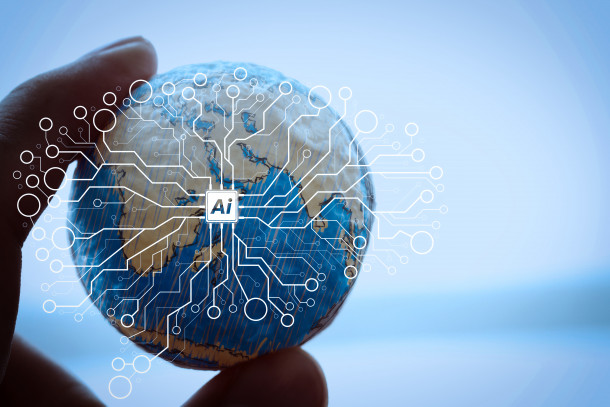why are ai ethics important
Artificial Intelligence (AI) has rapidly evolved from a futuristic concept to an integral part of our daily lives. It’s transforming industries, streamlining processes, and augmenting human capabilities. Yet, as AI’s influence expands, so does the need for ethics in its development and deployment. In this article, we’ll explore why AI ethics are crucial and how they play a pivotal role in shaping a responsible and sustainable future.
1. Bias Mitigation
One of the primary reasons AI ethics is essential is the need to mitigate bias. AI systems learn from vast datasets, and if these datasets contain biases or prejudices, the AI can perpetuate them. For example, biased algorithms in hiring processes can lead to discriminatory practices. AI ethics require developers to identify and rectify such biases, promoting fairness and equal opportunities.
2. Accountability
As AI becomes more autonomous and decisions are made by algorithms, accountability becomes a significant concern. Who is responsible when an AI system makes a wrong diagnosis in healthcare or a self-driving car causes an accident? AI ethics ensure that accountability is established, clarifying the roles and responsibilities of developers, operators, and users.
3. Transparency and Explainability
AI systems often operate as “black boxes,” making it challenging to understand how they arrive at specific decisions. Ethical AI demands transparency and explainability. Users and stakeholders should be able to comprehend the reasoning behind AI decisions, enhancing trust and accountability.
4. Privacy Protection
AI often deals with vast amounts of personal data. Ethical considerations include safeguarding user privacy and ensuring that data is collected and used responsibly. Robust privacy measures are vital to prevent misuse or abuse of sensitive information.
Web 3.0: Decentralized, Open, and Intelligent – Shaping the Future of the Internet
5. Safety and Security
AI systems can have real-world impacts, especially in critical domains like healthcare, transportation, and finance. Ethical AI emphasizes safety and security measures to prevent AI-related accidents, cyberattacks, and unauthorized access to AI systems.
6. Long-Term Impact
AI is advancing at a rapid pace, and its long-term societal impact is uncertain. AI ethics require a thoughtful examination of the potential consequences of AI deployment, including economic, social, and cultural impacts. This helps in proactive decision-making to avoid unforeseen negative outcomes.
7. Human-Centric AI
AI should serve humanity’s best interests. Ethical AI ensures that technology remains human-centric, augmenting human capabilities rather than replacing them. It promotes AI systems that enhance human well-being, inclusivity, and societal benefits.
8. Global Cooperation
AI knows no borders, and its ethical challenges are global in nature. Collaborative efforts among nations and organizations are essential to establish international standards and guidelines for AI ethics. This cooperation fosters consistency and ensures that ethical principles are upheld worldwide.
9. Preserving Trust
Trust is a fundamental element of AI adoption. Ethical AI practices help preserve trust among users, consumers, and stakeholders. Trust is essential for the successful integration of AI into various sectors.
10. Legal and Regulatory Compliance
As AI ethics gain prominence, governments and regulatory bodies are enacting laws and regulations to ensure AI systems adhere to ethical standards. Non-compliance can result in legal consequences, emphasizing the importance of ethical AI development.
AI ethics are not a mere afterthought but a fundamental necessity in our AI-driven world. They guide the development and deployment of AI systems, ensuring they align with human values and societal well-being. As we continue to harness the potential of AI, ethical considerations will play an increasingly pivotal role in shaping a responsible, equitable, and sustainable future. Embracing AI ethics isn’t just an option; it’s an imperative to harness the true potential of artificial intelligence while safeguarding our shared values and principles.

